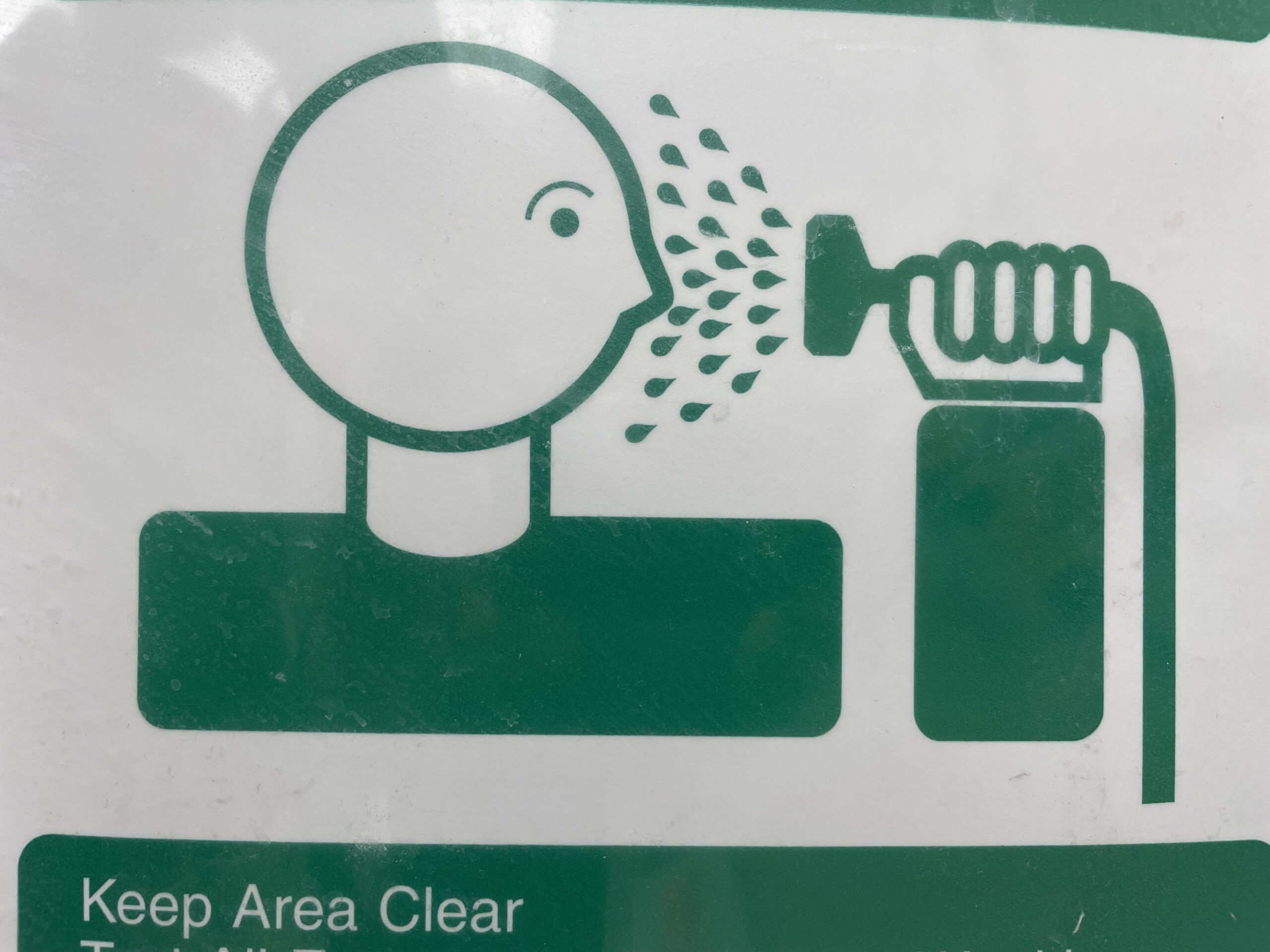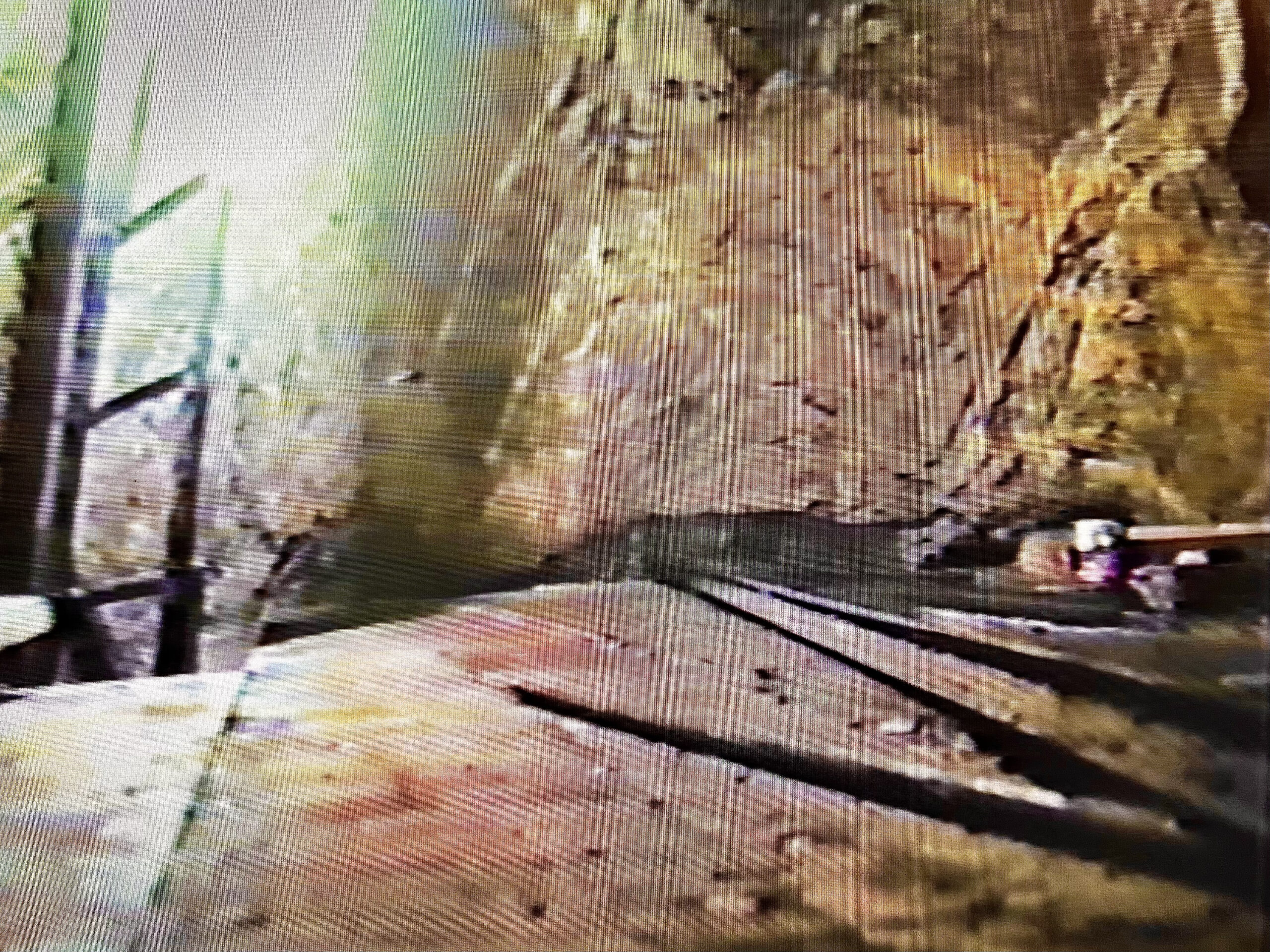I have hope in the sum
BERNADETTE MAYER
I did not let, gradually, myself be privatized,
did not let, did not let man plant
the attribute of badness inside
my mind…. to have to live in
someone else’s idea
is civilization.
I came and could not conserve myself,
came and could not metabolize
the happenings:
neighborn, I came among
the touchable,
and, numerous in the grass, I was
a finger among fingers—
on me
the sun
paid the great attention,
a light not only
in the service
of persons,
and fell & raised myself
up again to feet
or near to standing,
for such as I was
I was eligible.
I did not come in the posture of apology:
I am the body here
for the ones buried,
for each seed
secretly believing
it will be the repeated thing.
I did not let the names fall asleep
on the named,
I do not speak the sentences
that sell things:
Landlord and waterlord,
this which is ever being
tested on our animal.
This animal I am being
human in,
this nakedness
from which we are
not dismissed,
poor creature clad
in its brief Authority,
it occupies me
this errand out of narrowness,
this skull, healed too soon
into descriptions
of a ceiling.
I do not think our minds should be so
many descriptions of a ceiling.
Thru self to arrive
at selves
and thru selves
the self again,
so we continue the contrary journey.
NOTES: The phrase “a finger among fingers” is drawn from Clayton Eshleman’s translation of Cesar Vallejo’s “[Until the day that I return, from this stone]”. “Landlord and waterlord” is a phrase Ralph Waldo Emerson used jokingly to refer to his newfound stature after purchasing a plot of land at Walden Pond. “Poor creature clad in its brief Authority” is a jotting in the margins of one of John Keats’ copies of Shakespeare, housed at Houghton Library, Harvard University. “Neighborn” originated as a manifesto for elected solitude and its unacknowledged magnitudes; it is dedicated to the inimitable “nay” of Emily Dickinson and other brave beings who have contributed their stone to the cairns of alternative journeys. I, too, have hope in the sum.

Christina Davis is the author of Cairn (a chapbook forthcoming in 2018); An Ethic (Nightboat Books, 2013); Forth A Raven (Alice James Books, 2006); and the manuscript-in-progress Mankindness. The grateful recipient of residencies from the MacDowell Colony and the Rockefeller Foundation/Bellagio Center, she currently serves as curator of the Woodberry Poetry Room at Harvard University.



